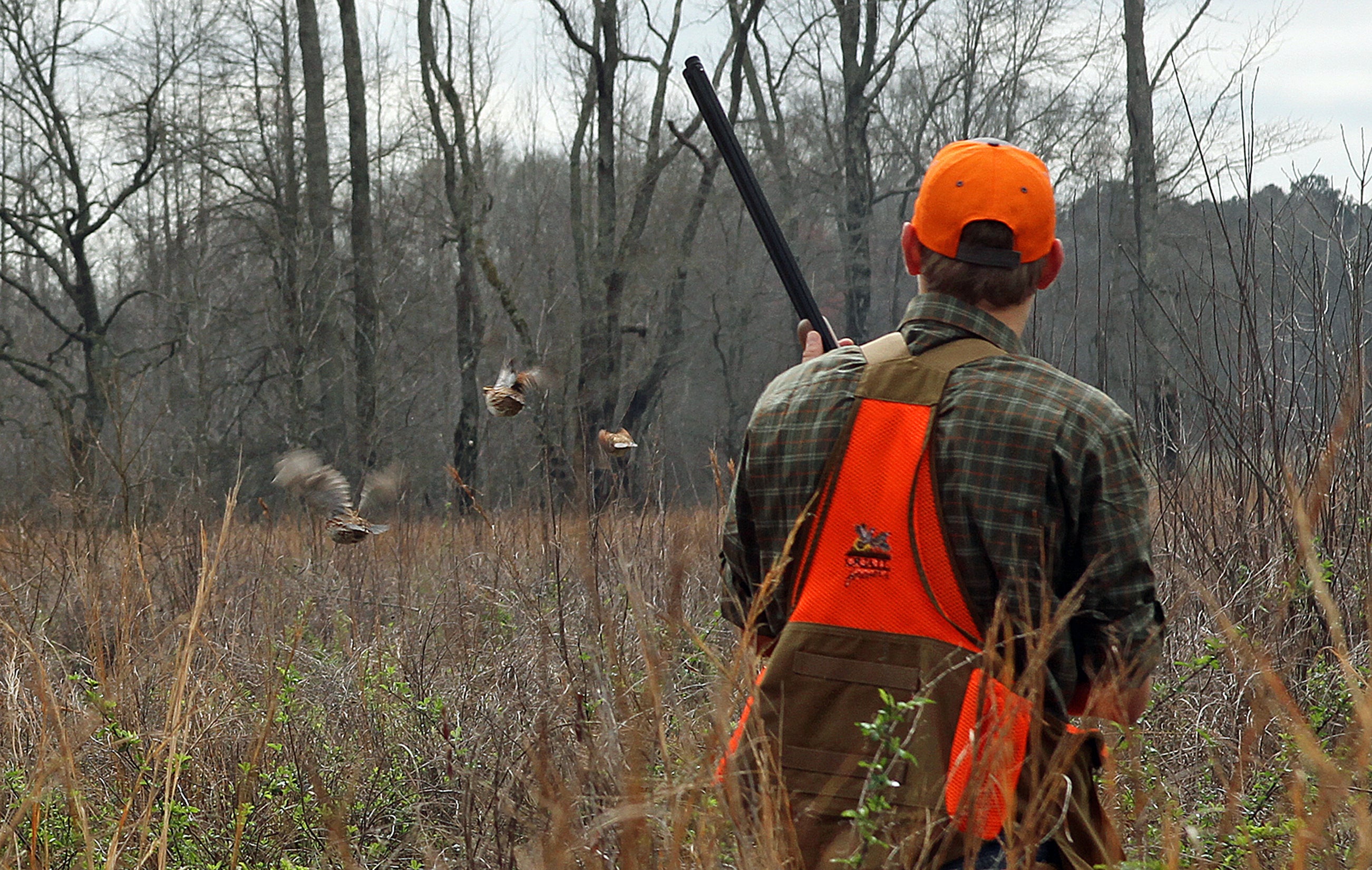By DAVID RAINER, Alabama Department of Conservation and Natural Resources
With other areas of Alabama enjoying an economic boon in manufacturing and industry, one well-known area of the state has discovered its treasure lies in its fertile soil and natural resources.
The Alabama Black Belt’s treasure is found in its abundant wildlife and fisheries with the multi-species hunting and angling opportunities and the significant economic boosts those provide.
At a press conference and book-signing event held at the Renaissance Hotel in Montgomery last week, the Alabama Black Belt Adventures Association (ALBBAA) revealed the results of a study on the economic impact of hunting and fishing in the Black Belt, a swath of counties that cuts across the middle of the state.
The Black Belt counties are Barbour, Bullock, Butler, Choctaw, Clarke, Conecuh, Crenshaw, Dallas, Greene, Hale, Lee, Lowndes, Macon, Marengo, Monroe, Montgomery, Perry, Pickens, Pike, Russell, Sumter, Tuscaloosa and Wilcox.
“You may not know that hunting and fishing in the Black Belt generates $1 billion of economic impact and provides thousands of jobs throughout the 23-county area,” said Thomas Harris, ALBBAA president and founder. “There are over 11 million acres that are truly unique in this country with its abundance of wildlife, culture and heritage. These assets are on the ground and under our feet. Our mission has been to energize these assets and recruit these eco-tourism dollars to the region. This is a rural economic development program that is working.
“I’m fortunate to be surrounded by a leadership team and dedicated team of board members who are passionate about promoting and branding nationally the Alabama Black Belt Adventures as the premier destination for hunting, fishing and other outdoor activities.”
Alabama State Senator Bobby Singleton, D-Greensboro, said the impact ALBBAA has on the area has been “tremendous.”
“Being a son of the soil, I want to thank the Black Belt Adventures for their dedication to the area known as the Black Belt,” Sen. Singleton said. “While we may not be inundated with a lot of industries with smokestacks, we are inundated with a successful industry called wildlife. As an avid hunter and fisherman myself, I enjoy the Black Belt as much as those who travel to the Black Belt to enjoy our rich culture.
“We look forward to hunters and fishermen who come into our area to visit our lodges, who come into the area to see and visit our historic civil rights sites. We welcome them to the area. We love to hear about that $1 billion industry in the Black Belt.”
ALBBAA commissioned Southeast Research to study the economic impact of outdoors activities in the Black Belt. The research company derived its economic impact report from data from a national study from the National Shooting Sports Foundation and the American Sportfishing Association. Hunting and fishing license holders who had shared their email addresses with the Alabama Department of Conservation and Natural Resources (ADCNR) were also polled by the research company.
The study revealed that spending by sportsmen and women in the Black Belt supports 24,716 jobs, resulting in salaries and wages of $364 million, state and local taxes of $62 million, a $28 million contribution to Alabama’s Education Trust Fund, and a total economic impact of more than $1 billion.
“Hunting, fishing and outdoor recreation are part of the way of life in Alabama, and especially important in the Black Belt,” said ADCNR Commissioner Chris Blankenship. “I have enjoyed participating on the Board of Alabama Black Belt Adventures to promote this portion of Alabama. These 23 counties contain some of the best hunting land anywhere in the United States. It produces big bucks and turkeys, as well as big bass and crappie in the lakes and waterways. There are some pretty special small towns and special people in the Black Belt. I hope more people will venture out into this beautiful part of Alabama and visit the small-town shops and eclectic restaurants and attractions that really show some of the best of Alabama.”
Alabama Wildlife and Freshwater Fisheries Director Chuck Sykes grew up in the Black Belt and has witnessed its emergence as the destination of choice for hunters and anglers.
“Some of my fondest childhood memories are of hunting with my father in Choctaw County,” Sykes said. “Those early years hunting and fishing in the Black Belt shaped me into who I am today. That love of hunting and the outdoors fueled my desire to attend Auburn University and pursue a degree in Wildlife Science. Since that time, I’ve dedicated my career to managing wildlife, either through one-on-one landowner consultations or now in my current position. Not only is hunting a way of life and a time-honored tradition, but I’d bet many of the little towns in the Black Belt would dry up and go away without hunters and fishermen.”







